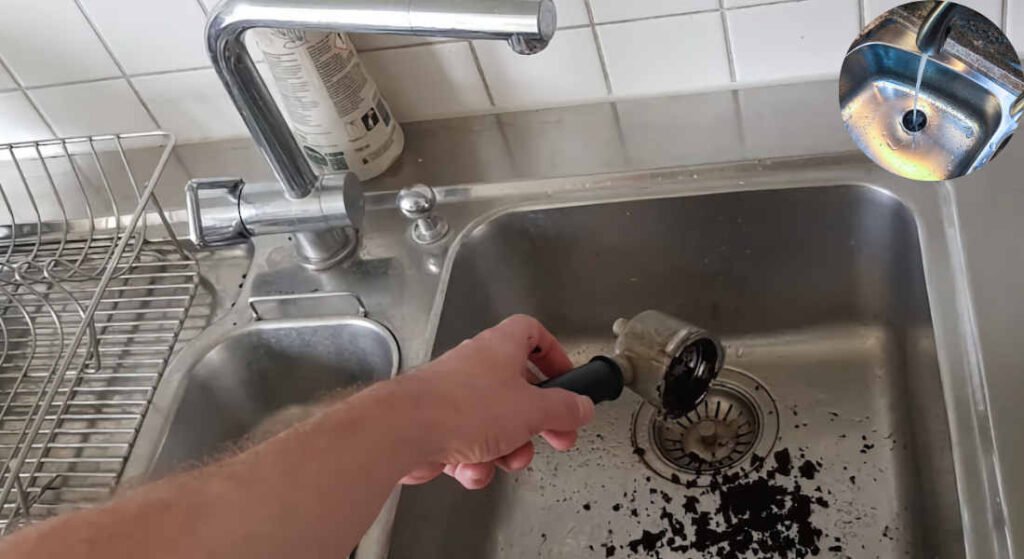Coffee is a beloved morning ritual for millions of people worldwide. Whether it’s a freshly brewed pot at home or a quick espresso from your favorite café, coffee plays a major role in our daily routines. However, with all that coffee brewing comes one important question: what do you do with the leftover coffee grounds?
What Happens When You Dispose of Coffee Grounds Down the Drain?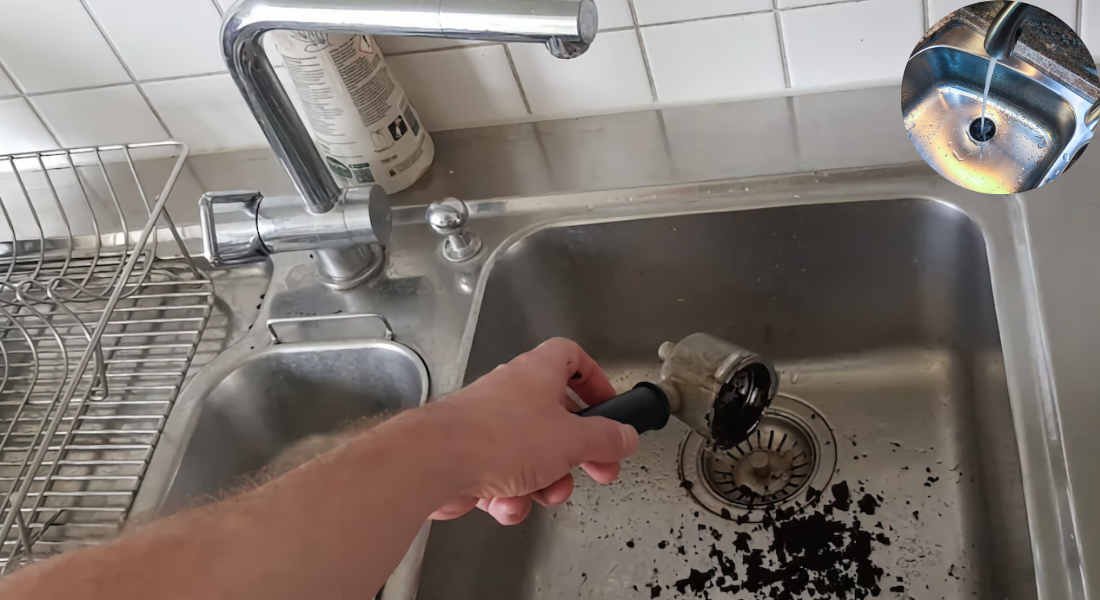
At first glance, tossing coffee grounds down the drain may seem harmless. After all, they’re natural, small, and biodegradable, right? While this might sound logical, the reality is far more complicated. Let’s uncover what really happens when coffee grounds make their way into your plumbing system.
Coffee Grounds’ Physical Properties
Coffee grounds are unique in their texture and composition. Unlike many other kitchen waste materials, coffee grounds are dense, sticky, and made up of fine particles. These particles tend to clump together when mixed with water, forming a thick paste-like substance. This makes them particularly problematic once they enter your plumbing system.
Behavior Inside Plumbing Pipes
When coffee grounds are rinsed down the drain, they don’t simply wash away like liquid or other small particles. Instead, their sticky, clumping nature causes them to adhere to the walls of your pipes. Over time, this accumulation creates a narrowing of the pipe’s interior, slowing water flow and increasing the risk of blockages.
Why Coffee Grounds Don’t Break Down
Another key issue is that coffee grounds don’t dissolve in water. Unlike some food scraps that might break down and biodegrade over time, coffee grounds remain intact, even in small amounts. This makes them a persistent problem that can linger in your pipes and contribute to larger plumbing issues.
Misconceptions About Coffee Grounds as Drain Cleaners
Coffee grounds can actually help clean their drains because of their abrasive texture. Unfortunately, this is a myth. While the grounds might seem to scrub the surface of the pipes, their tendency to clump and stick far outweighs any potential cleaning benefits. In reality, using coffee grounds as a “natural drain cleaner” is more likely to cause harm than good.
The Risks of Coffee Grounds in Home Plumbing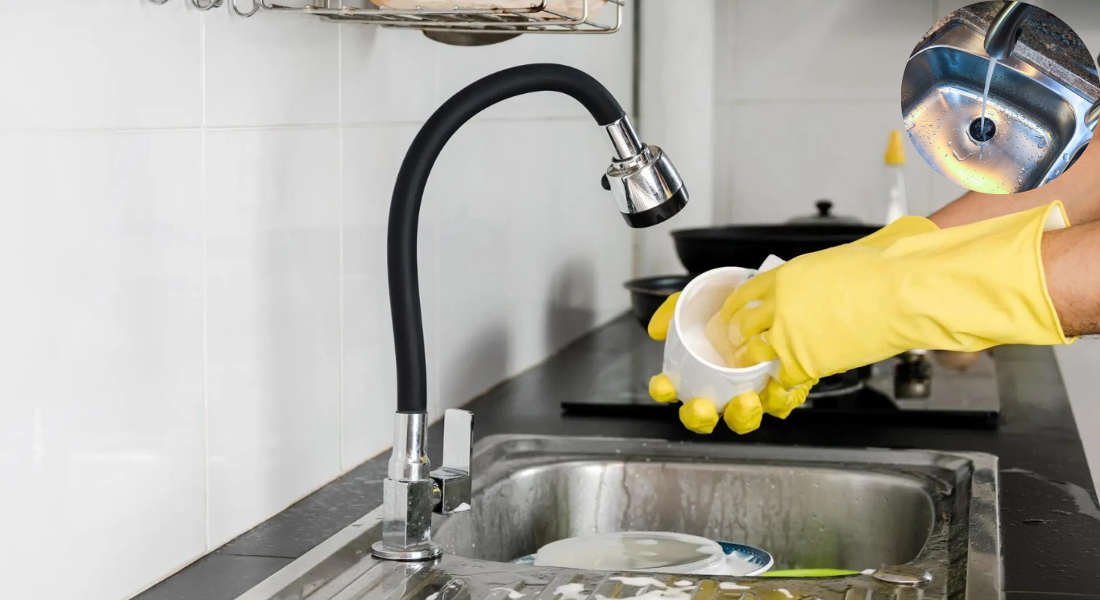
Disposing of coffee grounds down the drain poses several risks to your plumbing system. Let’s explore the most common issues homeowners face when they develop this habit.
You may also read (clean plumbing pipes at home).
Clogging and Blockages
The most immediate risk of rinsing coffee grounds down the drain is the formation of clogs and blockages. As coffee grounds accumulate inside your pipes, they combine with other debris, grease, and soap scum to form stubborn clumps. Over time, these clumps can grow large enough to completely block water flow, leading to slow drains or even full-on plumbing emergencies.
Impact on Kitchen and Bathroom Drains
While kitchen sinks are the most common victims, bathroom drains can also suffer. If coffee grounds end up in shared plumbing lines, the blockage can impact multiple fixtures in your home, causing widespread drainage problems.
Damage to Garbage Disposals
Many people assume that garbage disposals can handle coffee grounds without issue. However, this couldn’t be further from the truth. Coffee grounds can damage disposal blades and motors by creating a dense, sticky residue that’s difficult for the disposal to break down. Over time, this can lead to mechanical failure and costly repairs.
Increased Plumbing System Strain
When coffee grounds cause blockages, it puts additional pressure on your entire plumbing system. This strain can result in:
- Water backups: Blockages force water to flow backward, potentially causing leaks or overflows.
- Leaking pipes: Excess pressure can weaken pipe joints, leading to leaks and water damage.
- Health hazards: Stagnant water in clogged pipes creates an environment for mold and bacterial growth.
Additional Issues
Aside from the direct impact on your plumbing system, coffee grounds can also contribute to other problems:
- Scale Buildup in Coffee Machines: Coffee machines that aren’t properly cleaned can develop scale buildup, which can affect water flow and performance.
- Secondary Plumbing Concerns: Leaks from coffee machines or improper maintenance can add to plumbing strain in the long run.
Expert Opinions and Plumbing Industry Insights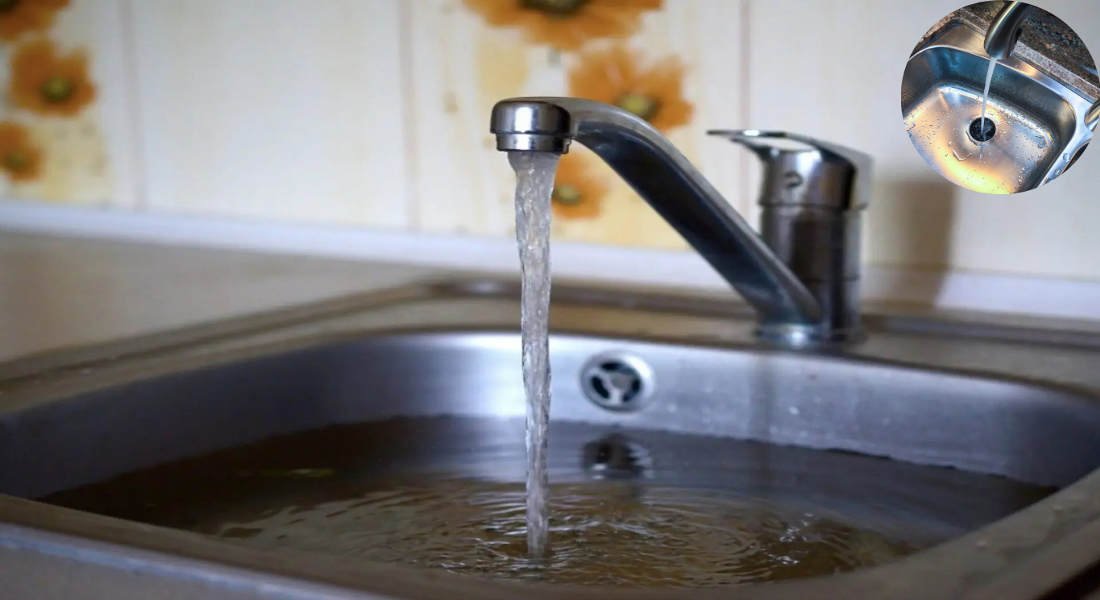
What Do Professional Plumbers Say?
The consensus among plumbing professionals is clear: coffee grounds are one of the leading causes of household plumbing clogs. Many plumbers report frequent calls to deal with blockages caused by coffee grounds, often requiring specialized tools to remove the stubborn clumps.
Real-Life Cases of Plumbing Damage
Plumbing companies often share stories of severe drain clogs caused by years of coffee grounds buildup. In some cases, homeowners faced thousands of dollars in repair costs due to damaged pipes and water damage.
You may also read (home plumbing under the sink).
Are There Any Exceptions?
While most experts advise against rinsing coffee grounds down the drain, some suggest that running large amounts of water alongside small quantities of grounds can minimize the risk. However, this is not a foolproof solution, and the safest approach is to keep coffee grounds out of your plumbing entirely.
Alternatives to Disposing of Coffee Grounds Down the Drain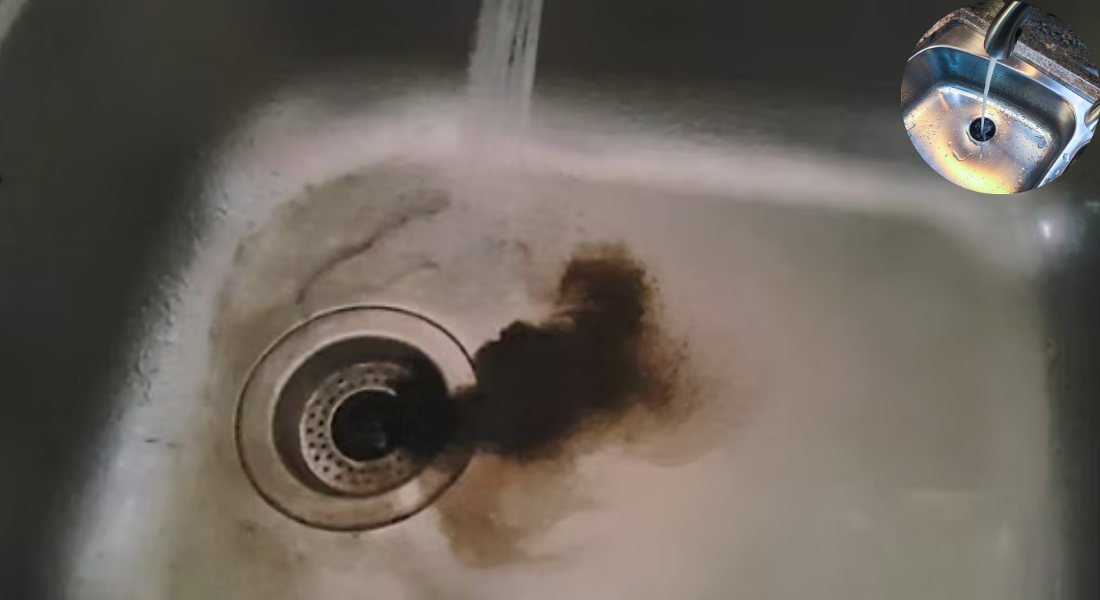
Thankfully, there are plenty of eco-friendly and practical ways to dispose of coffee grounds without harming your plumbing. Here are some great alternatives:
Composting Coffee Grounds
Coffee grounds make excellent compost! They’re rich in nitrogen, which is a key nutrient for healthy soil. Adding coffee grounds to your compost pile can:
- Improve soil fertility
- Support plant growth
- Reduce landfill waste
Throwing Coffee Grounds in the Trash
If composting isn’t an option, dispose of coffee grounds in the Trash. To avoid odors, seal them in a small bag or container before tossing them out.
Using Coffee Grounds in the Garden
Coffee grounds can also be used directly in your Garden as:
- Fertilizer: Sprinkle them around plants to enrich the soil.
- Pest Repellent: Coffee grounds can deter pests like slugs and snails.
DIY Home Uses
Get creative with your coffee grounds! Use them as a natural abrasive for cleaning or as an ingredient in homemade skincare scrubs.
How to Handle and Prevent Coffee Ground Clogs
If you’ve already rinsed coffee grounds down the drain, don’t panic! Here’s what you can do to handle the situation and prevent future clogs.
Preventative Tips
- Dispose of Coffee Grounds Properly: Stick to Composting or the Trash.
- Install a Sink Strainer: A strainer can catch coffee grounds before they enter your pipes.
- Flush Drains with Hot Water: Regularly pour hot water down the drain to dissolve grease and debris.
DIY Unclogging Methods
- Plunging: Use a plunger to dislodge minor clogs.
- Clean the P-Trap: Remove the P-trap under your sink to manually clear out debris.
- Use Baking Soda and Vinegar: This natural solution can help break up minor clogs.
When to Call a Professional
If DIY methods don’t work, it’s time to call a licensed plumber. They have the tools and expertise to safely clear even the toughest blockages.
You may also read (what year did pex home plumbing first appear).

